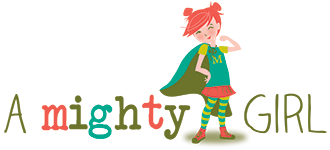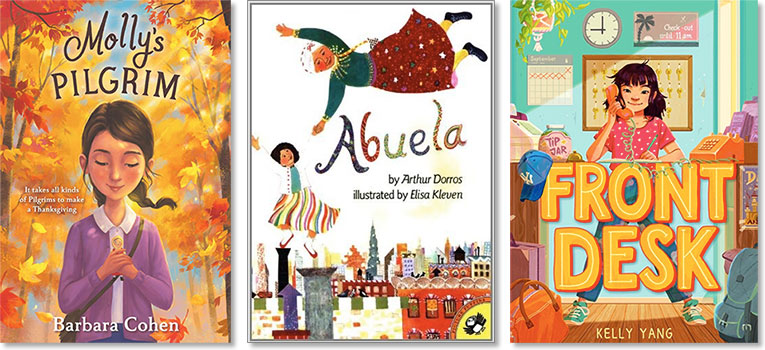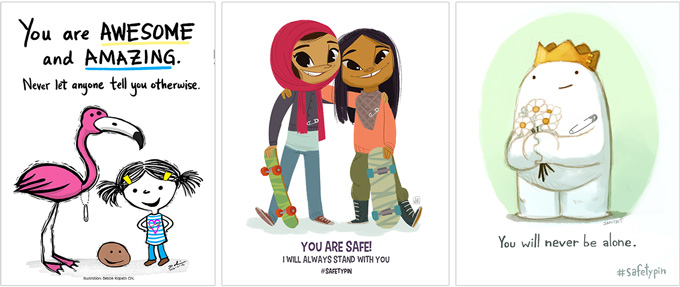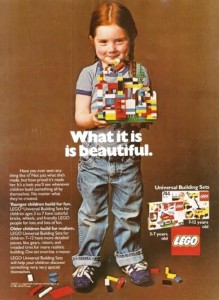At 8 years old, Jennifer Keelan-Chaffins joined the "Capitol Crawl" with other disability rights activists demanding passage of the Americans with Disabilities Act.
 On March 12, 1990, over 1,000 disability rights activists marched from the White House to the U.S. Capitol to demand the passage of the Americans with Disabilities Act (ADA), which had been stalled in Congress. To illustrate the barriers that many people with disabilities faced every day, over 60 activists cast aside their wheelchairs and crutches and began crawling up the 83 stone steps that lead to the Capitol building — among them was Jennifer Keelan-Chaffins, an 8-year-old girl with cerebral palsy who declared "I’ll take all night if I have to" as she pulled herself up the steps. In honor of the anniversary of the historic "Capitol Crawl" — which helped drive the successful passage of the ADA, the world's first comprehensive civil rights law protecting the rights people with disabilities — we're sharing the story of this determined young activist whose actions helped transform the lives of people with disabilities across the nation. Continue reading Continue reading
On March 12, 1990, over 1,000 disability rights activists marched from the White House to the U.S. Capitol to demand the passage of the Americans with Disabilities Act (ADA), which had been stalled in Congress. To illustrate the barriers that many people with disabilities faced every day, over 60 activists cast aside their wheelchairs and crutches and began crawling up the 83 stone steps that lead to the Capitol building — among them was Jennifer Keelan-Chaffins, an 8-year-old girl with cerebral palsy who declared "I’ll take all night if I have to" as she pulled herself up the steps. In honor of the anniversary of the historic "Capitol Crawl" — which helped drive the successful passage of the ADA, the world's first comprehensive civil rights law protecting the rights people with disabilities — we're sharing the story of this determined young activist whose actions helped transform the lives of people with disabilities across the nation. Continue reading Continue reading











